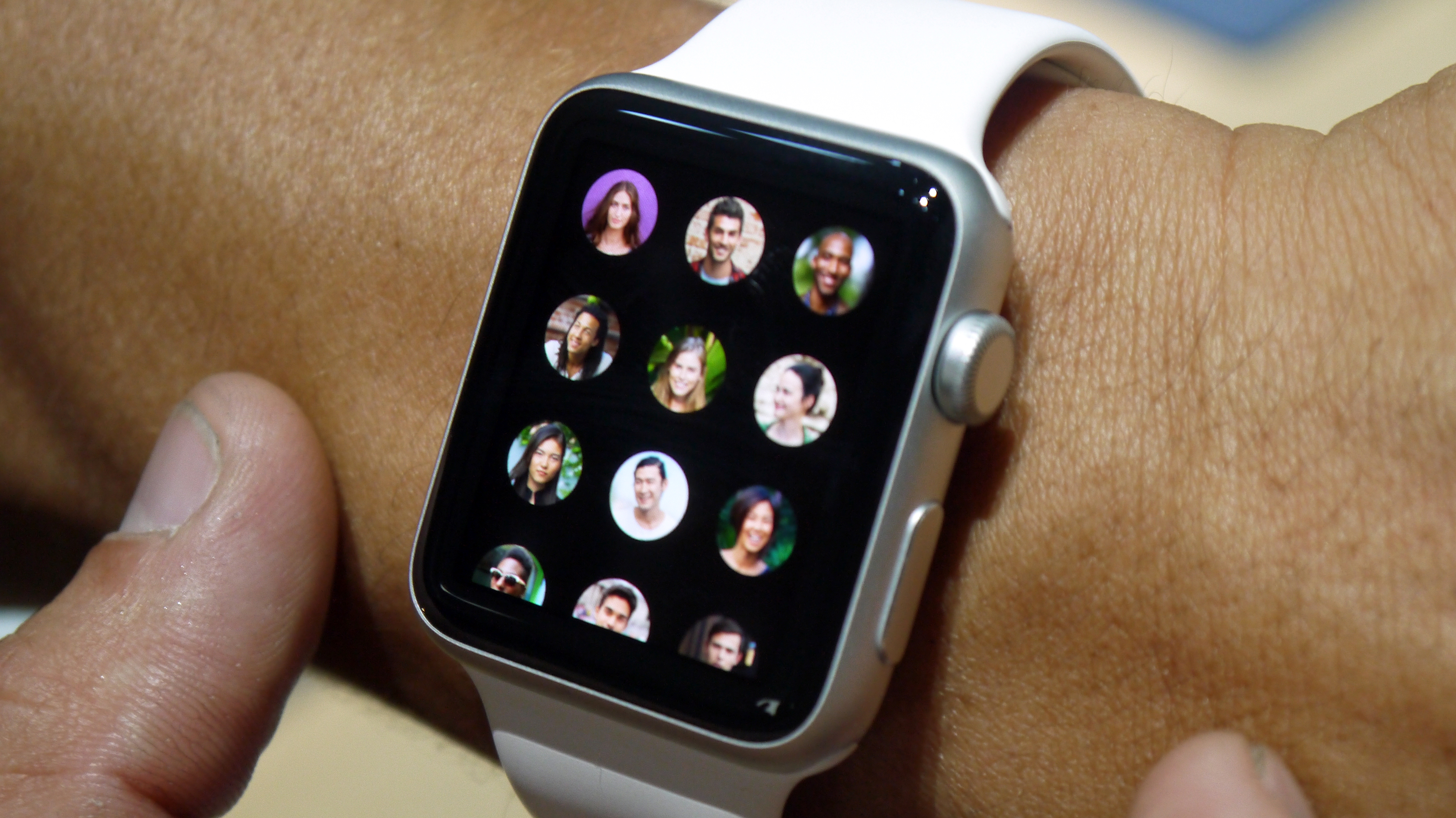This is why the Apple Watch doesn't need a killer app
Just because it doesn't have an elevator pitch doesn't mean it can't go up

Despite our veneer of sophistication, we're a pretty simple species really; it's why we eat burgers, why we laugh when Charlie bites his brother's finger, and why the idea of killer app is so resilient.
A quick history lesson. The classic example of a killer app is VisiCalc, a spreadsheet programme available initially exclusively for the Apple II, but if you look hard enough you'll find someone who'll tell you what the killer app is for any platform you care to mention - Tetris for the GameBoy, or Sibelius for Acorn's RISC OS system.
A killer app, importantly, isn't merely a good app. It specifically refers to a piece of software (or perhaps more accurately a software function) so desirable that it drives purchase of the hardware platform on which it runs. This was very likely true of VisiCalc: although it cost $100, the allure of this, the first spreadsheet package, was so strong that it drove sales of the $2,000 Apple II.
It's a popular and resilient idea because we like simple narratives.
Simple isn't always smart
Long before Twitter forced us to condense our thoughts into 140-characters, those ideas that stick are ones we can understand and digest easily. Hell, I bet that most reading this will not only have heard of Einstein's formula E=mc² but would be able to tell me it states that energy in an object is equal to the mass of the object multiplied by the speed of light squared. This is a pretty esoteric, high-level bit of physics, and yet because it at least appears to be simple it lodges in the mind.
The problem is that our thirst for simplicity blinds us to nuance and to change. This is true of E=mc² (a monstrous simplification of a series of processes the understanding of which is still evolving, and which I'm happy to say I don't have to grasp in order to make my point) and it's true of the killer app narrative.
Many asked rhetorically what the Apple Watch's killer app was when it was unveiled, and the reason they asked it rhetorically is that they weren't actually looking for an answer. They just wanted to ask it so that not a femtosecond would pass before someone (they) answered with "it doesn't have one so it will fail lol." This is the famous "why do I need a smartwatch?" trope - see also motor cars and the personal computer.
Sign up for breaking news, reviews, opinion, top tech deals, and more.
Killing the killer app
I think our definition of a killer app has to change, though. The very nature of software has changed. We now use vastly more of it than in the era of VisiCalc for one thing, and the internet and world wide web have blurred, supplemented and supplanted so much of the traditional notion of software.
What's more, our abilities and expectations have shifted; we're much more comfortable with the very idea of computers now than when the idea of the killer app appeared. We don't need them to fulfil explicit appliance-like functions before we understand why we should buy them; and modern computers in all their forms have taught us how malleable computers themselves can be.
I remember my parents' surprise, for example, when I told them I could watch TV on my iPad, and my surprise at their surprise. To them, it was surprising that you could do something on a rectangle of glass you held in your hands which they associated with a box in the corner of the room, but it never even occurred to me that given a CPU, screen and an internet connection, I wouldn't somehow be able to do something so basic on this blank slate.